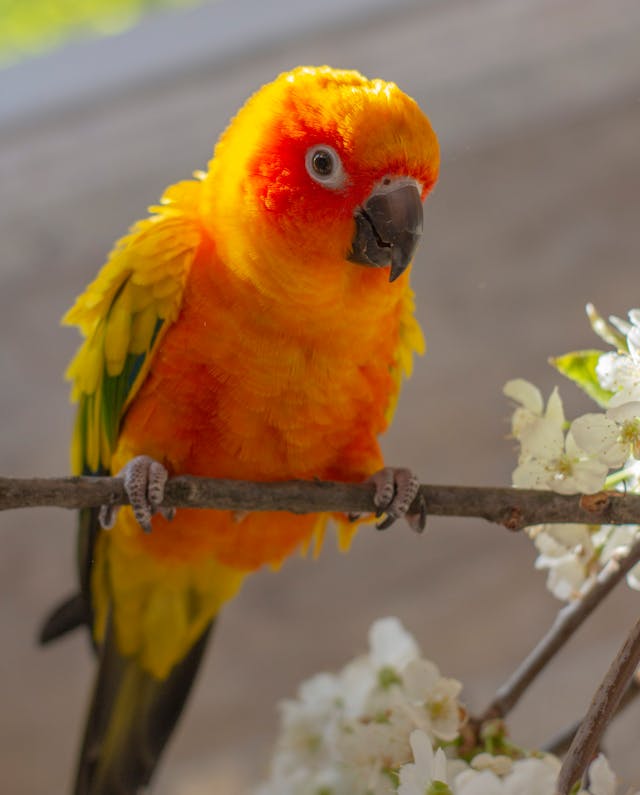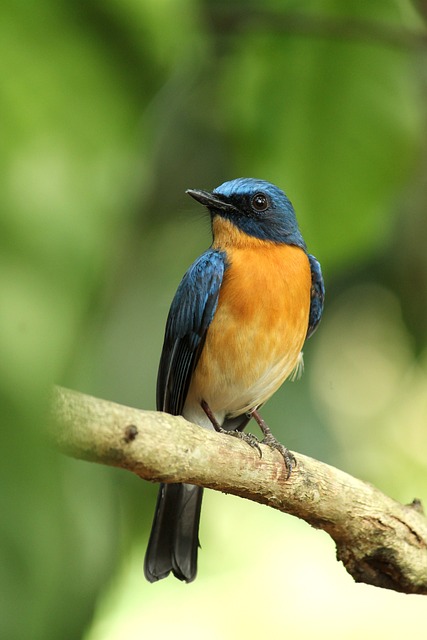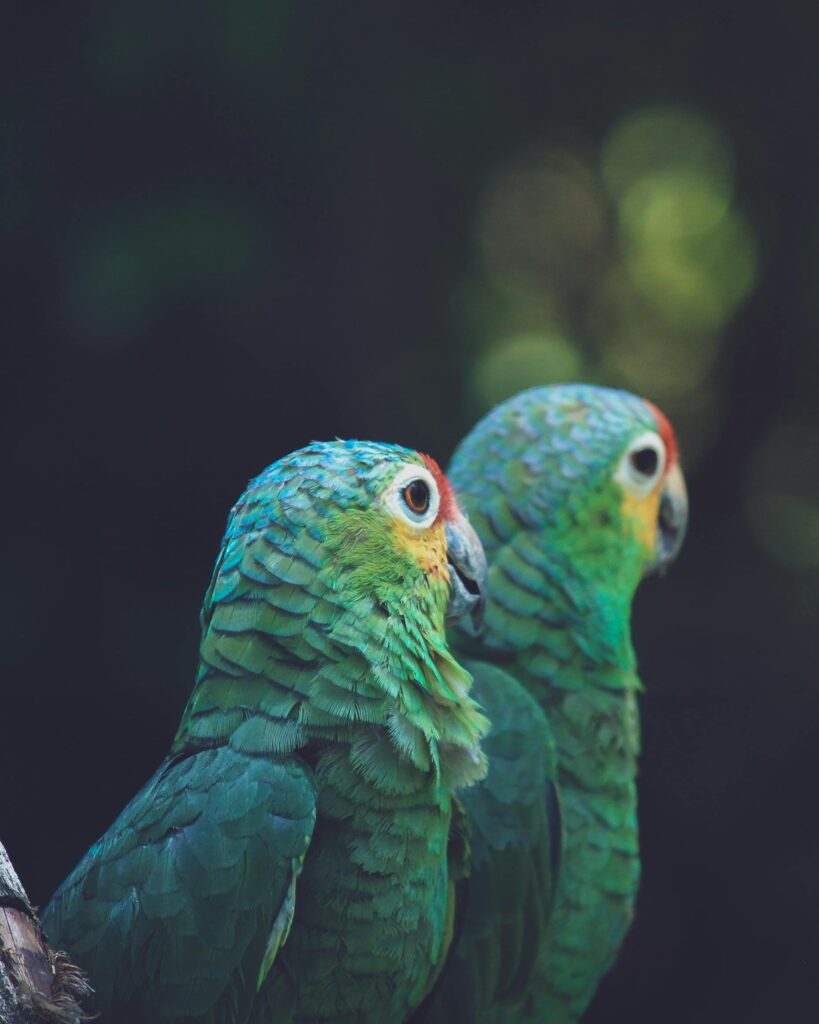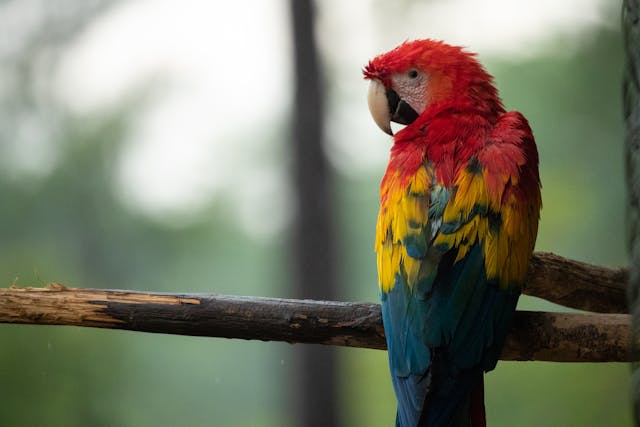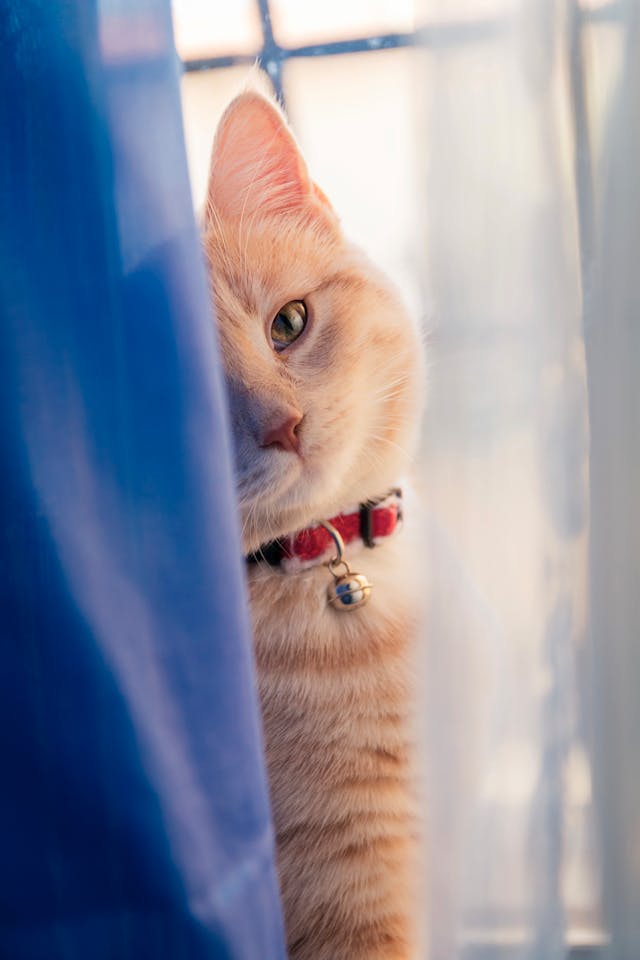Many aspects influence the decision on a pet bird: size, personality, noise level, and lifetime. While some bird aficionados want a pet bird with a shorter lifetime due to personal tastes or lifestyle concerns, others may search for friends they will be with for decades. Examining their distinct traits, care needs, and what makes them valuable despite their limited time with us, this blog post explores the intriguing realm of pet birds with the shortest lifespans.
Introduction to the idea of bird lifespans.Factors affecting bird lifespans.
Overview of pet birds with the lowest lifespans.
Thorough descriptions of these birds.
Care advice for pet birds with limited lifetime
Benefits and drawbacks of keeping a short-lived pet bird.
Pet Bird with Shortest Lifespan
Appreciating Bird Lives
Depending on their species, genetics, habitat, and care, birds—like all living entities—have different lifespans. Certain birds, including parrots, are renowned for their longevity—often several decades. Other birds, on the other hand, usually have few years to slightly over a decade for longevity. Those who want a lesser commitment or who love the pleasure of owning several pet birds over time may find these birds perfect.
variables Affecting Bird Lifespans
Pet bird lifetime is determined in part by several elements, including:
- Species: Different bird species have inherently different lifespans.
- Genetics: Just like humans, birds inherit genetic traits that can affect their longevity.
- Diet and Nutrition: Proper nutrition is crucial for a bird’s health and longevity.
- Environment: A safe, clean, and stress-free environment can significantly impact a bird’s lifespan.
- Healthcare: Regular veterinary care and prompt treatment of illnesses are essential.
- Exercise and Enrichment: Physical activity and mental stimulation help maintain a bird’s overall well-being.
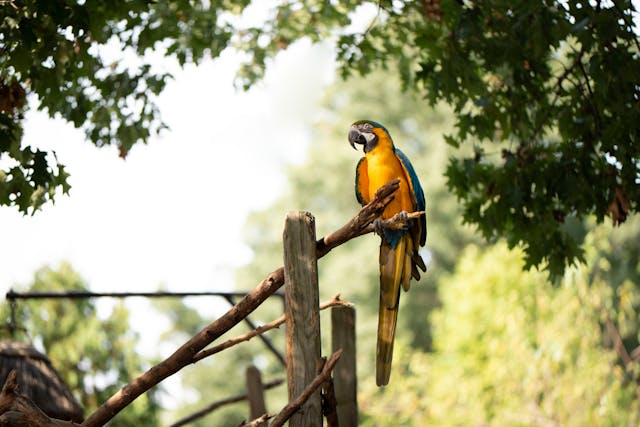
Pet Birds Having the shortest Lifespans
1. Zebras Finches
Lifespan: 3 – 5 years
Small, active birds with vivid colours and energetic dispositions, zebra finches are popular housemates. Their happy chirping and gregarious behaviour make them much loved by their owners despite their brief lifetime.
Small and roughly 4-inch long, zebra finches possess certain traits. Their throats and chests feature an obvious black and white striped pattern.
They need a large cage with many of perches and toys for enrichment and flourish in couples or small groups. Essential is a balanced diet with seeds, fruits, and vegetables.
2. Budgerigars (budgies)
Lifespan: 5 – 8 years
Among the most often kept pet birds worldwide are budgerigars, sometimes referred to as budgies or parakeets. Their vivid plumage, ability to replicate sounds, and lighthearted demeanour define them.
Small, roughly 7-inch long, budgie colours range from green to blue, yellow to white.
Regarding Care Needs: To keep happy and healthy, they require a cage with horizontal bars for climbing, a varied food comprising seeds, fruits, and vegetables, and frequent social interaction.
3. Canary
Lifespan: 5 – 10 years
Beautiful songs and vivid yellow feathers make canaries beloved. For millennia, people have kept them as pets; their friendliness is well-known.
Canaries are little, around five-inch-long birds with a variety of colours; yellow being the most often occurring colour.
Care Requirements : They need a cage large enough for flight, a diet heavy in seeds, fruits, and vegetables, and sporadic treats include boiled eggs.

4. Partners
Lifespan: 10 – 15 years
Lovebirds are nevertheless regarded as somewhat short-lived in the bird world even if their lifetime is somewhat greater than that of other birds on this list. Lovebirds are common pets since they are loving and have great pair bonding.
Lovebirds range in colour from green, peach, and blue; they are petite, roughly six-inch long.
Their needs are for a large cage, a healthy diet, and lots of social interaction. Lovebirds also appreciate toys and challenges to their intelligence-related skills.
Advice Regarding Short-lived Pet Birds
Make sure your bird gets a well-balanced meal fit for its particular species. Especially important are fresh fruits, vegetables, and premium bird feed or pellets.
To stop disease, routinely clean the food, drink, and cage dishes for the bird.
Plan yearly visits with an avian veterinarian to spot and address any health concerns early on.
Spend everyday time socialising with your bird. This lessens behavioural problems and boredom.
Toys, puzzles, and other kinds of enrichment will help your bird remain cognitively busy and happy.
Advantages and disadvantages of keeping a short-lived pet bird
Perfect for those who might not be ready for the long-term dedication needed by longer-lived birds, Pros are:
Variety: Possibility to see many bird species over years.
Shorter lifetime could mean less chronic health problems, so reducing risk of long-term concerns.
Cons – Emotional Attachment: Owners may create close relationships with their birds, so the short lifespan presents additional emotional difficulty.
Frequent Replacements: May have to locate fresh birds more frequently, which can be emotionally draining and difficult.
Regular veterinary appointments are still essential, and over time these can mount up.
Conclusion
Selecting a pet bird with a shorter lifetime can be a fulfilling experience since it provides special company and happiness even if their time with us is limited. Every species—from the energetic zebra finch to the amusing budgie to the melodic canary to the devoted lovebird—add something unique. No matter how long or short your feathered friend’s life may be, you can guarantee a pleasant and healthy one by knowing their needs and giving appropriate care.
